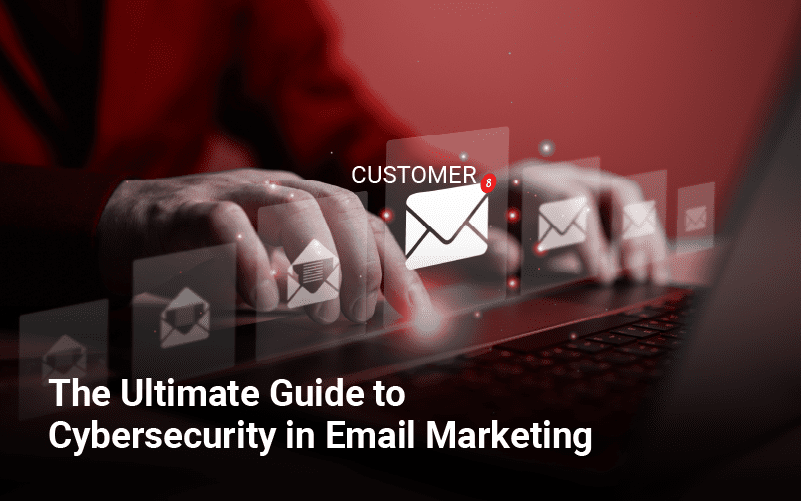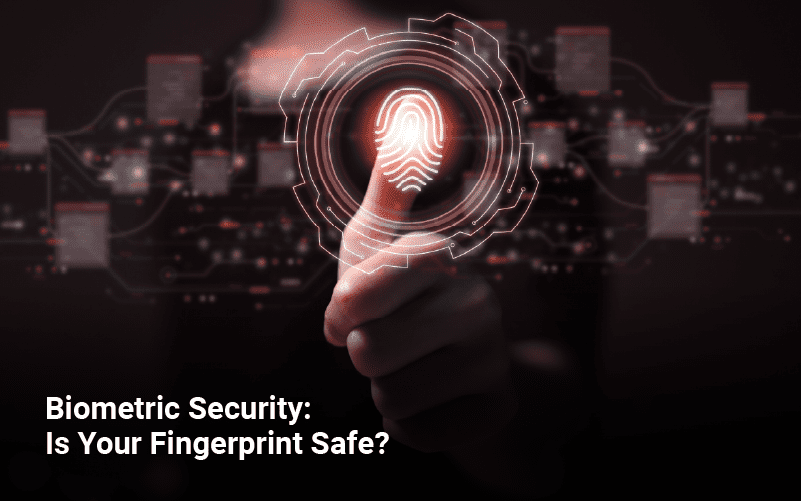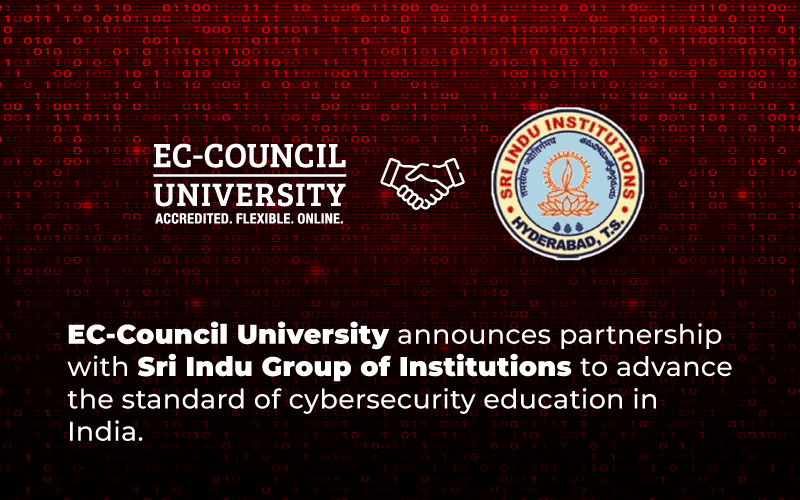Cybersecurity for Email Marketing: What You Need to Know
Email marketing is one of the most influential marketing channels—about 87% of marketing leaders credit emails for their success (Litmus, 2023). As email continues to be a main communication tool for businesses and individuals, cybercriminals are increasingly using it to further their malicious objectives. Hence, strengthening the security measures to secure your business emails is an integral step. This blog discusses whether your emails are secure, why security is important in email marketing, and how you can enhance your cybersecurity strategies.
How Secure is Your Email?
The parameters of business email security depend on the security measures your organization takes to safeguard itself from cyberattacks. Many companies use email security software to filter sent and received emails. These tools can help your company email portal detect malicious attacks or spam threats. The security of your email system relies on a combination of technology and policies implemented. Before understanding the various practices to secure your email marketing, let’s understand the reasons behind implementing these measures.
Why is Cybersecurity Important for Email Marketing?
Cybercriminals often target email platforms for data theft and intrusion and to run malicious activities that can damage a company’s reputation. Unauthorized access to information through email attacks can result in financial loss and eventually affect business continuity. Breaches in email security can also lead to serious legal consequences, especially if sensitive customer data is compromised. With regulations like the General Data Protection Regulation (GDPR) and the Central Consumer Protection Authority (CCPA) in place, companies can face penalties for mishandling customer information. To safeguard your company from such incidents, enhancing cybersecurity for email marketing needs priority. The security measures can help you mitigate the risks associated with email marketing and get a better ROI for your marketing efforts.
Types of Email Marketing Cyber Threats
To reduce email marketing cyber attacks, it is better to acknowledge the threats before implementing security measures. Once you know about the possible cyber incidents, it becomes easier to handle them. Here are some of the cyber threats associated with email marketing:
- Phishing Attacks: It is one of the most common threats to email security, affecting 94% of organizations in 2024 (Egress, 2024). In phishing attacks, the attackers trick the email recipient into revealing sensitive information such as their password, personal data, or even bank details. For you or your employees to identify a phishing email, they need vigilance training. For example, check for errors – grammar or spelling, undefined addresses, and attachments with suspicious file names. Before taking any action, verify the authenticity or maliciousness of the mail
- Malware Attacks: Malware is malicious software that can greatly affect your email system. These emails often contain attachments or links with viruses or ransomware that install harmful software when clicked. Antivirus software helps; however, it is recommended to stay vigilant before clicking on any links or opening attachments that might lead to malware attacks.
- Data Breaches: Email marketing involves leveraging customer data to send required information about their products, services, deals, etc., to the targeted audience. This makes these emails lucrative targets for cybercriminals who want to exploit these data. From financial loss to legal actions, data breaches come with consequences leading to irreparable damage to your brand’s reputation. However, in defense, you can implement encryption protocols and regularly audit your email marketing framework to avoid data breaches.
- Spam Complaints: Spam complaints can reduce the effectiveness of your email marketing campaigns and appear as a threat to your customers. Email service providers closely monitor spam complaints and may penalize senders with high complaint rates by filtering their emails to the spam folder or even suspending their accounts. However, it is not an actual cyber threat, but your mail might appear like one. Hence, to minimize spam complaints, ensure that your email lists consist of opted-in subscribers, deliver relevant and valuable content, and provide easy options for recipients to unsubscribe.
Best Practices to Strengthen Email Marketing Security Strategies
Security measures to secure your emails are no longer an afterthought. To protect your customers’ trust in your company, you can implement these best practices to strengthen your email marketing security strategies:
- Secure Email Provider: Not every email provider is secure. Choose the one that has greater authentication procedures, security policies, and encryption methods to defend against cyberattacks.
- Employee Training: Human errors leading to cyber-attacks are common. Your company can train employees, teach them about the associated email marketing risks, and ensure your company’s security. It can significantly lower the risk of phishing attacks.
- Authentication Protocols: Authentication protocols shield the company’s network channels by confirming that the sender represents the domain. Authentication protocols such as SPF (Sender Policy Framework) and DKIM (DomainKeys Identified Mail) help reduce or filter out phishing attempts or spoofing.
- Automatic Password Manager: It is a software program that helps users create, store, and manage credentials. If you create complex passwords for each of your online accounts, the chances of password theft reduce significantly, helping increase email security.
- Software Upgradation and Updates: When you neglect software upgrades, you neglect the software patches that reduce vulnerabilities. To defend against threats, you should regularly update your email marketing software whenever it is available. Ensure that your company always uses the newest version of the software you are using for marketing purposes.
Conclusion :
Enhance your security measures as cyber threats continue to evolve. It is the key to maintaining email security. Leveraging security practices is crucial, especially if your company is sending emails on a large scale. However, cybersecurity is not a one-time task but an ongoing process of adaptation and improvement. Securing your email marketing reflects protecting your business and safeguarding the trust and privacy of your customers. Protect both from cyber-attacks by implementing the above-discussed effective cybersecurity practices.
References:
Egress. 2024. Most Impactful Stats from the 2024 Email Security Risk Report
https://www.egress.com/blog/company-news/stats-from-the-email-security-risk-report
Litmus. 2023. The 2023 State of Email Workflows Report
https://www.litmus.com/wp-content/uploads/pdf/The-2023-State-of-Email-Workflows-Report.pdf?utm_campaign=wc-2023-04-state_of_email_workflows-litmus_thought_leadership&utm_medium=email&utm_source=marketing&mkt_tok=ODY0LVZQWi0xMzEAAAGSS5p0xL5JKigRw0HL6nuwgIXOTEwEZgKI0toZ00GuJbIEq7cif59K2eVxTIxCehwIPBCKaLVFyWd4qVLutL4UofL9y18j72mE54vD85jaId4








